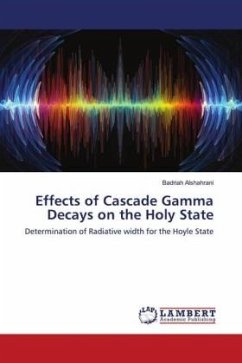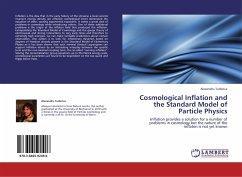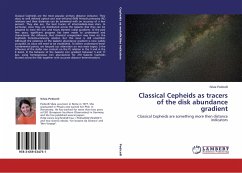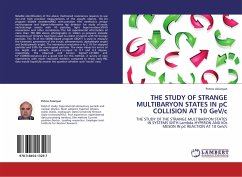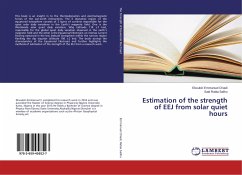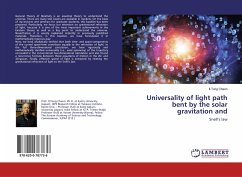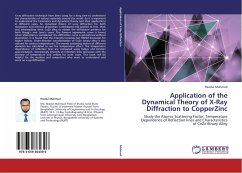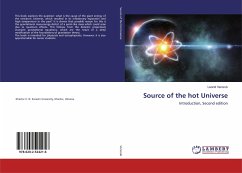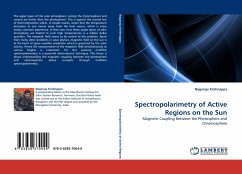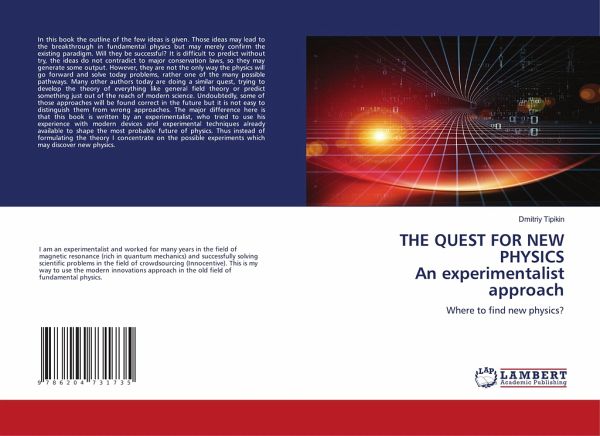
THE QUEST FOR NEW PHYSICS An experimentalist approach
Where to find new physics?
Versandkostenfrei!
Versandfertig in 6-10 Tagen
27,99 €
inkl. MwSt.

PAYBACK Punkte
14 °P sammeln!
In this book the outline of the few ideas is given. Those ideas may lead to the breakthrough in fundamental physics but may merely confirm the existing paradigm. Will they be successful? It is difficult to predict without try, the ideas do not contradict to major conservation laws, so they may generate some output. However, they are not the only way the physics will go forward and solve today problems, rather one of the many possible pathways. Many other authors today are doing a similar quest, trying to develop the theory of everything like general field theory or predict something just out o...
In this book the outline of the few ideas is given. Those ideas may lead to the breakthrough in fundamental physics but may merely confirm the existing paradigm. Will they be successful? It is difficult to predict without try, the ideas do not contradict to major conservation laws, so they may generate some output. However, they are not the only way the physics will go forward and solve today problems, rather one of the many possible pathways. Many other authors today are doing a similar quest, trying to develop the theory of everything like general field theory or predict something just out of the reach of modern science. Undoubtedly, some of those approaches will be found correct in the future but it is not easy to distinguish them from wrong approaches. The major difference here is that this book is written by an experimentalist, who tried to use his experience with modern devices and experimental techniques already available to shape the most probable future of physics. Thus instead of formulating the theory I concentrate on the possible experiments which may discover new physics.




